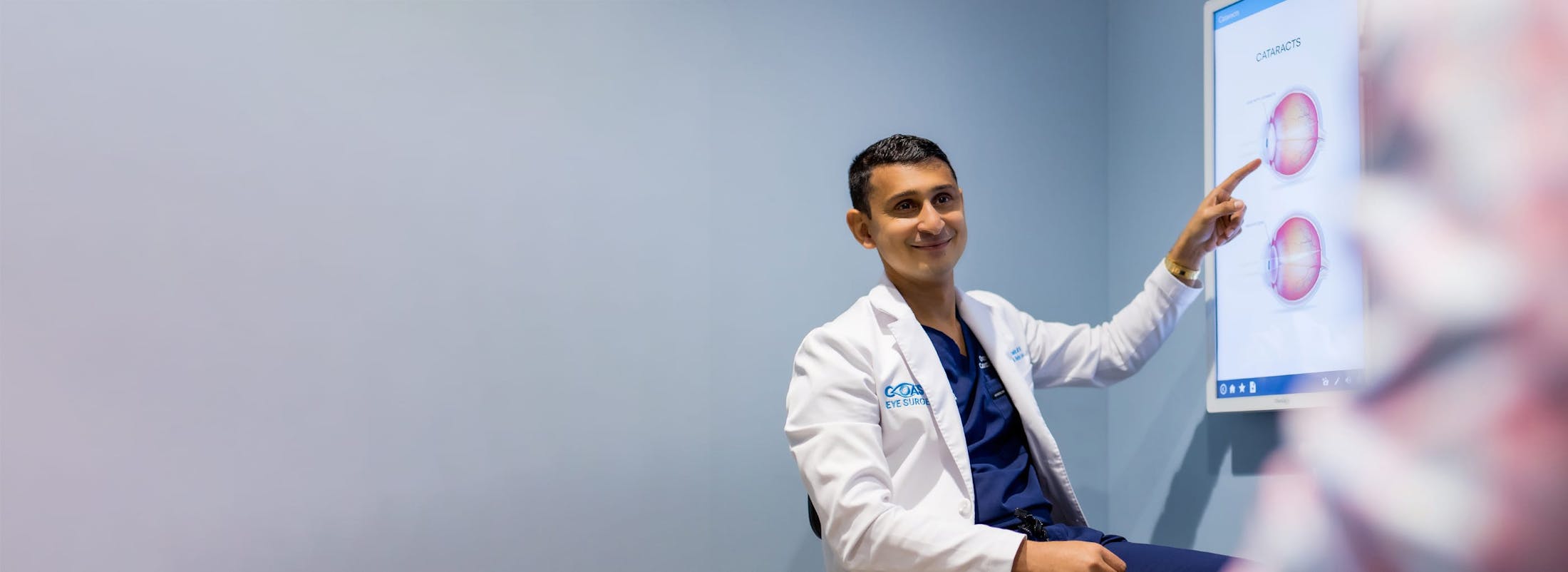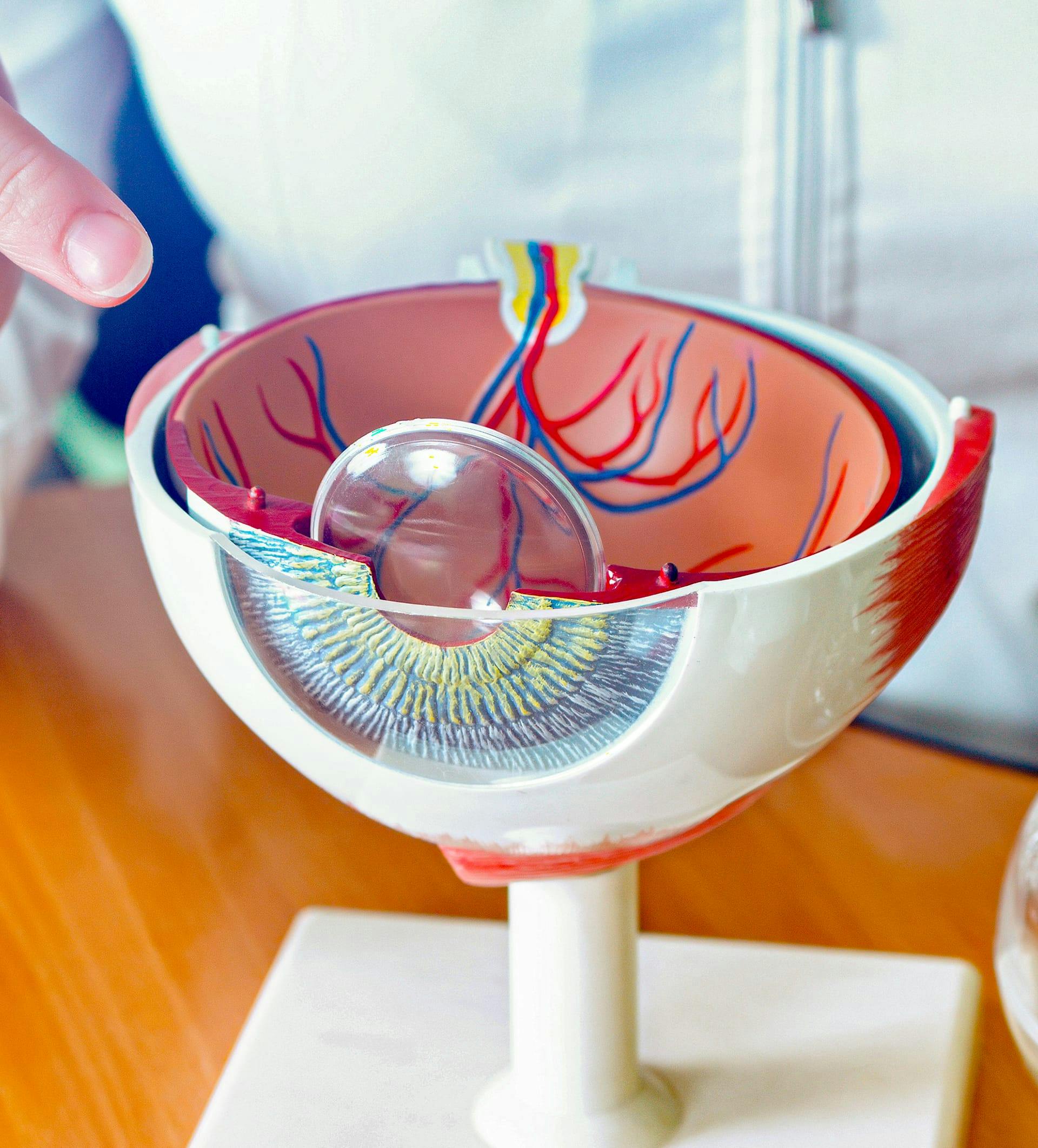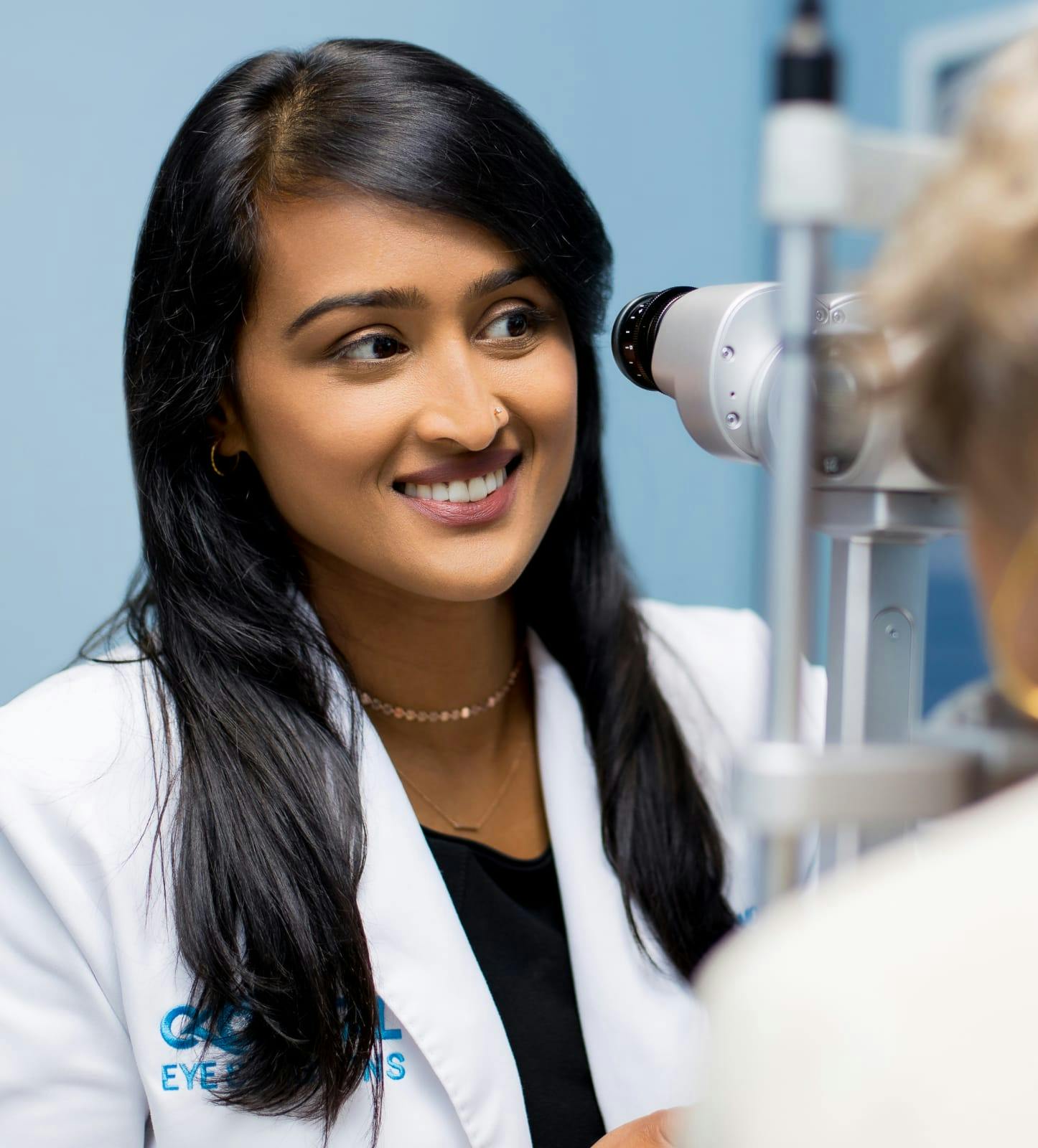Cataracts cloud the vision of many older adults. Fortunately, this common vision problem is highly treatable with laser cataract surgery in Greenwich, CT.
What causes cataracts to form?
Cataracts usually form as the result of normal, age-related changes to your eyes and are common among people aged 60 and older. As you age, the proteins in the lenses start to break down and clump together, forming cloudy areas. When a cataract blocks your sight, it’s because you’re looking directly at the clumps of protein. Though most cataracts are age-related, they may also form after eye injuries or because of genetic defects. You’re at a higher risk of developing cataracts if you have diabetes.












